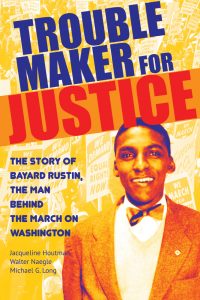 Troublemaker for Justice illuminates the life and legacy of Bayard Rustin. Until the 21st century, Rustin was often cast into the historical shadows of the Civil Rights Movement in part because of his sexuality, political engagement with the Communist Party during the Cold War, and being a conscientious objector to World War II. The authors Jacqueline Houtman, Walter Naegle, and Michael G. Long provide a full biography of Bayard Rustin’s life, from his early childhood to his death in 1987, and describe where it intersected with national movements and moments.
Troublemaker for Justice illuminates the life and legacy of Bayard Rustin. Until the 21st century, Rustin was often cast into the historical shadows of the Civil Rights Movement in part because of his sexuality, political engagement with the Communist Party during the Cold War, and being a conscientious objector to World War II. The authors Jacqueline Houtman, Walter Naegle, and Michael G. Long provide a full biography of Bayard Rustin’s life, from his early childhood to his death in 1987, and describe where it intersected with national movements and moments.
Inspired by his Quaker upbringing and the nonviolent direct organizing tactics of Mohandas Gandhi (Mahatma Gandhi), Rustin strongly believed in the value of community organizing and remained true to his values of equality, peace, and civil disobedience. As a Black, gay, working-class man, Rustin was not motivated solely by his marginalized identities, but they did give him an intersectional perspective with which to see the world and that perspective informed his activism. Rustin lived out his belief in the principle of nonviolence and direct action.
Troublemaker for Justice is appropriate for middle and high school students to learn about activism, nonviolent organizing, the civil rights movement, and LGBTQ+ changemakers. The book provides clear definitions of complicated terms, advanced vocabulary, social movements, and relevant ideologies, and that it offers a set of discussion questions to use in classroom teaching.
ISBN: 9780872867659 | City Lights Books
This summary was adapted from book review prepared by Conner Suddick, a 2019 Truman Scholar.

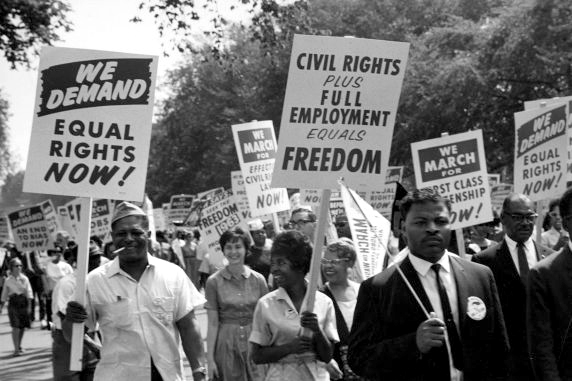
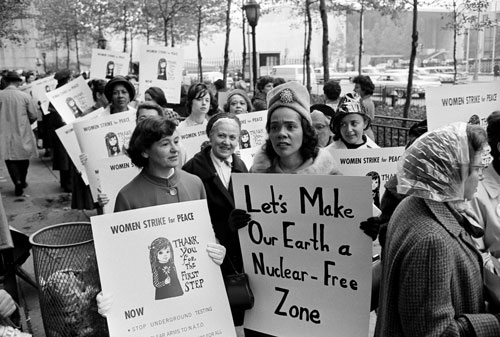



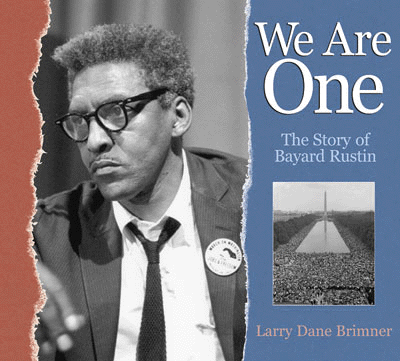
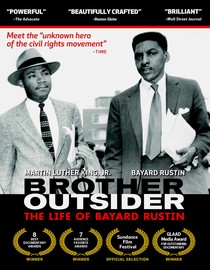
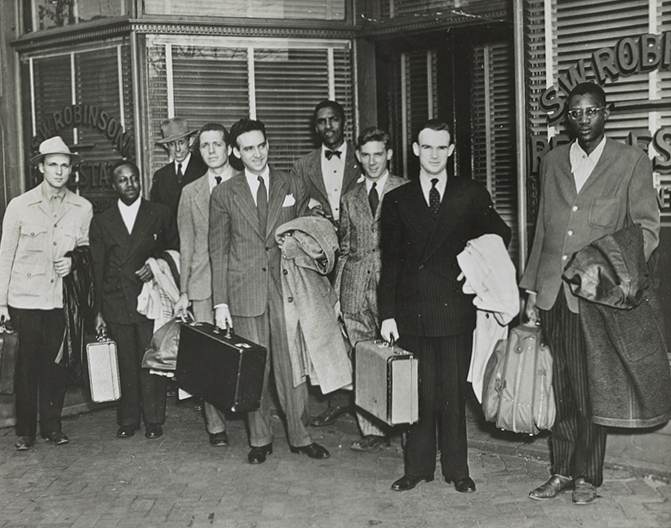
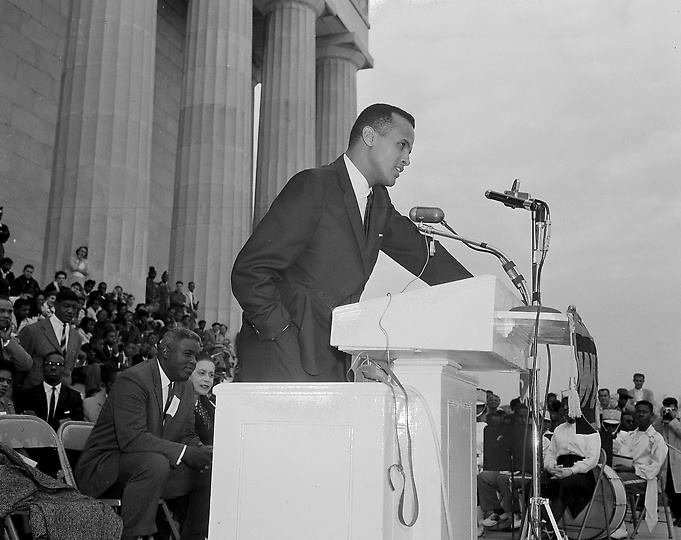
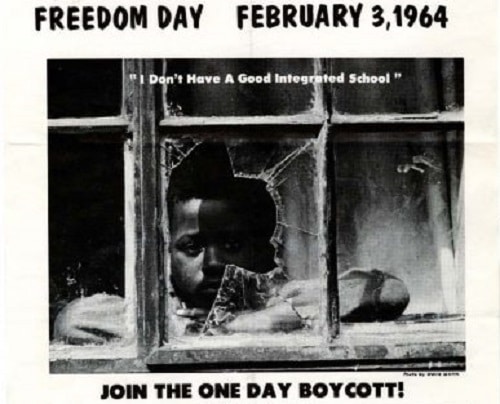






Twitter
Google plus
LinkedIn